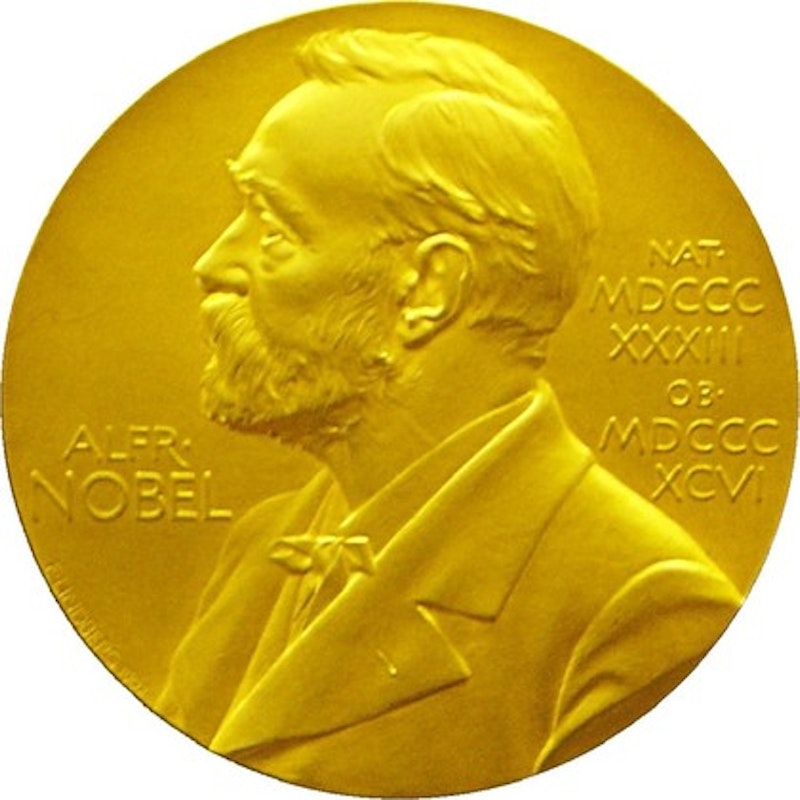A very serious developing story is being heavily covered by German media, but Sweden's two major daily newspapers remain conspicuously and Swedishly silent: The Nobel Prize Committee is coming under scrutiny for possible criminal charges of bribery and corruption in connection with this year's award in medicine. On Monday, December 8th, two days before the award ceremony, it came to light that two Nobel affiliated corporations—Nobel Media and Nobel Webb—have in the past six months received an undisclosed amount said to be "many millions" from Swedish/American pharmaceutical giant Astra Zeneca, which benefits financially from the award given to German Harald zur Hauser for his discovery of Human Papilloma Virus, claimed to cause cervical cancer. AstraZeneca, which holds patents on and collects royalties for both human papillomavirus (HPV) vaccines currently available—Gardasil in the U.S. and Cerverix in Europe (he latter of which has been linked to at least 16 deaths in young girls)—stands to benefit greatly from the 2008 Nobel Prize given to German Harald zur Hauser for his discovery of HPV and its link to cervical cancer.
In the Swedish trade journal "Dagens Medicin," it was reported today that the Nobel Committee's financial connections with Astra Zeneca "may be criminal." Swedish state Prosecutor Christer van der Kwast confirmed that he has ordered a full criminal investigation, on the eve of the lavish ceromonies in Stockholm Wednesday, and added dryly: "It was not my intention to ruin the party."
Swedish state radio Sveriges Radio reported more conflicts of interest this week, involving at least two Nobel Committee academics: Professor of metabolic research Bo Angelin, from the Karolinska Institute, is both on the board of Astra Zeneca, and a voting member of the Nobel Committee. Another high placed academic in the Nobel Committee, Bertil Fredholm, was revealed to have been a paid consultant for Astra Zeneca through 2006.
Christer van der Kvast commented: "When these kinds of revelations come to light, of course it becomes our highest priority to investigate."
When asked what the criminal charges would be if they were formalized, he told Sydsvenskan, a local southern Swedish newspaper: "The criminal charges that may become formalized are bribery and corruption."
Meanwhile, controversy also centered on the other half of the Nobel prize in Medicine, given to Dr. Luc Montagnier of the Pasteur Institute, for his supposed 1983 discovery of the "AIDS Virus." International medical ethics watchdog group The Semmelweis Society issued this press release, drawing attention to numerous breaches of scientific standards that undermine the notion that an "AIDS virus" was discovered, or proven to be causative.

